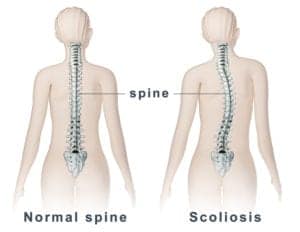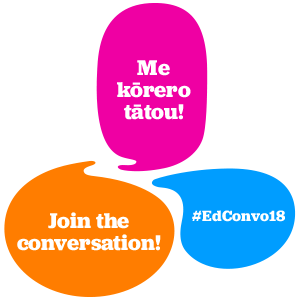Transformative Change to Disability System Announced
The Government has announced long awaited news regarding planned changes as part of disability system transformation. The key changes announced were:
• The establishment of a Ministry for Disabled People to lead ongoing transformation of the broader disability system.
• The implementation of the Enabling Good Lives approach to Disability Support Services on a national scale (from regional pilot schemes).
• The introduction of The Accessibility for New Zealanders Bill – stand-alone legislation to make Aotearoa more accessible.
• The establishment of a new Accessibility Governance Board.
Enabling Good Lives
Enabling Good Lives began approximately 10 years ago with the aim of enabling disabled people and their whanau to have greater choice and control over their lives and the supports they receive. The principles of Enabling Good Lives were developed by representatives from the disability sector after a group from the disability community presented its vision and principles to Government. The EGL approach has been tested with the Mana Whaikaha MidCentral prototype, plus pilot demonstrations in Christchurch and Waikato.
EGL is centred on the person, their strengths and aspirations. The key features of EGL are:
- people are welcomed into the system in multiple ways, and can then be provided with information, linked with a Connector, peer network, government agency or disability organisation
- access to Connectors who can walk alongside disabled people and whānau if they choose, to help them identify what they want in their life, how to build their life, and the range of supports available to live their life
- easy to use information and processes
- seamless support across government, with Government Liaisons supporting people in the background to access other government services (for example, benefit applications), and to build positive relationships with other parts of government (for example, learning support in school)
- a straightforward process for accessing funding, with flexibility about what can be purchased and how it can be administered, and easy reporting
- capability funding for disabled people and whānau
- outcomes-based commissioning and contracting models
- greater system accountability to disabled people and their whānau so that disabled people and whānau are involved in monitoring and evaluating the system
Once the national roll-out of Enabling Good Lives becomes more imminent, we intend to host workshops to help explain how it works and implications for PWS, to discuss details, answer questions, and to consider how to obtain the best outcomes from the new system.
Ministry for Disabled People
From the Ministry of Health announcement:
“The new Ministry for Disabled People will deliver support and drive better outcomes for all disabled people, embedding a ‘whole-of-life, whole-of-family / whānau’ approach to disability. Historically, disability support issues have been treated solely as health issues. They are not. Disability issues and opportunities span across social and economic areas and for the 24% of New Zealanders who identify as having a disability, it is important that we acknowledge this.
We know, however, that transformation will take time. It requires looking at the full range of mechanisms across the broader government system, examining how they can be improved and harmonised to better support disabled people. The disabled community’s voices will be embedded at all levels of decision-making, from the formation and running of the Ministry to the implementation of accessibility legislation. For a start, while currently we are referring to a ‘Ministry for Disabled People’, we will collaborate with the disability community to identify an appropriate name.
Given the scale and scope of the new agency, a dedicated Transition and Establishment Team has been set up within MSD to support the transition of functions from MSD and MOH to a new Ministry. “



